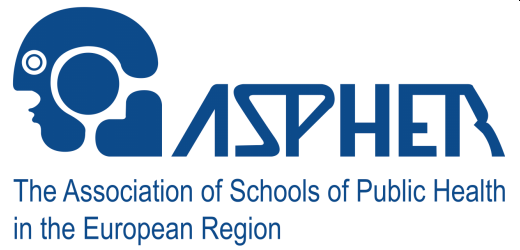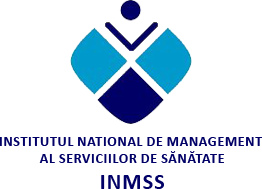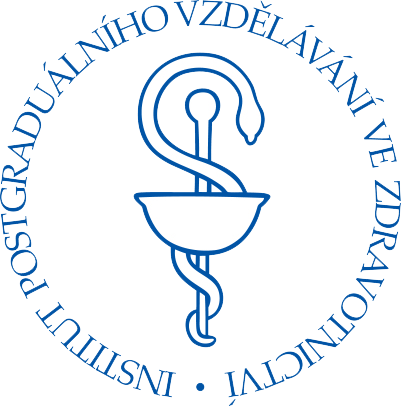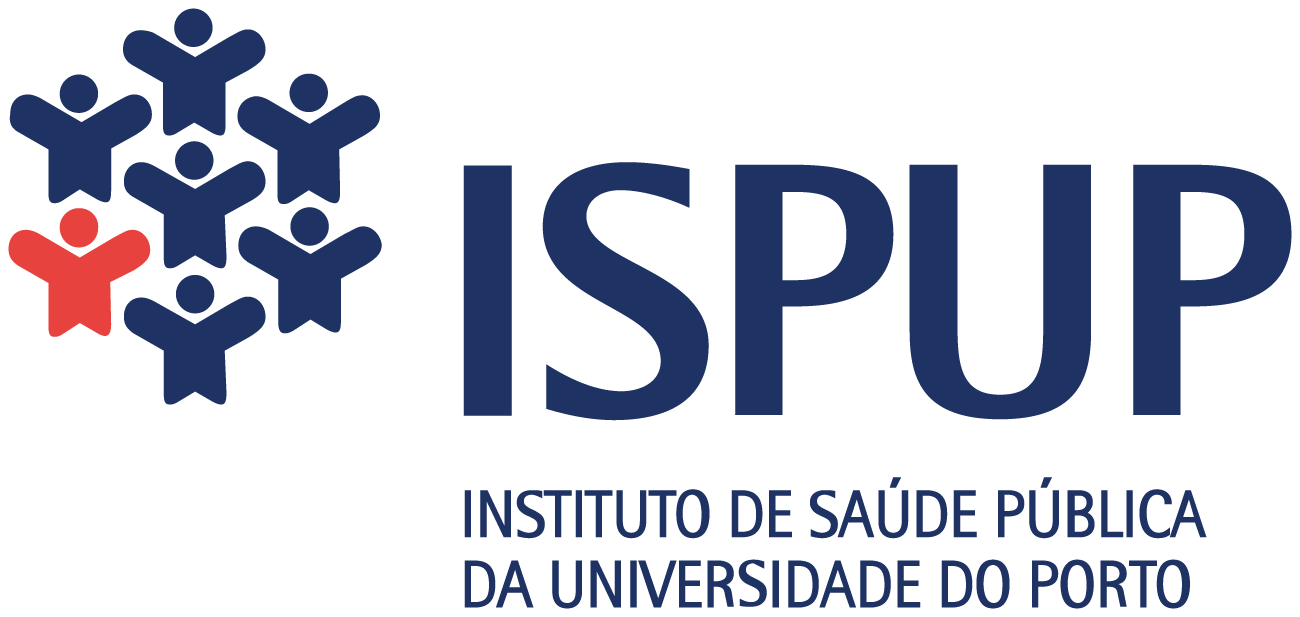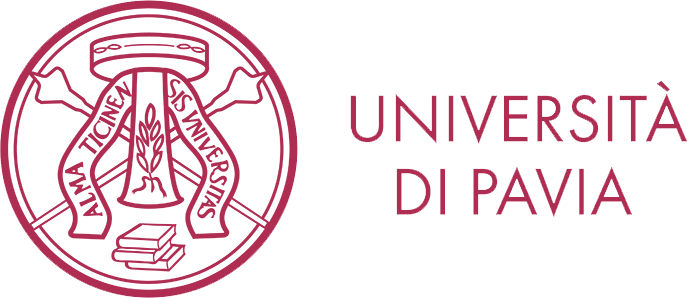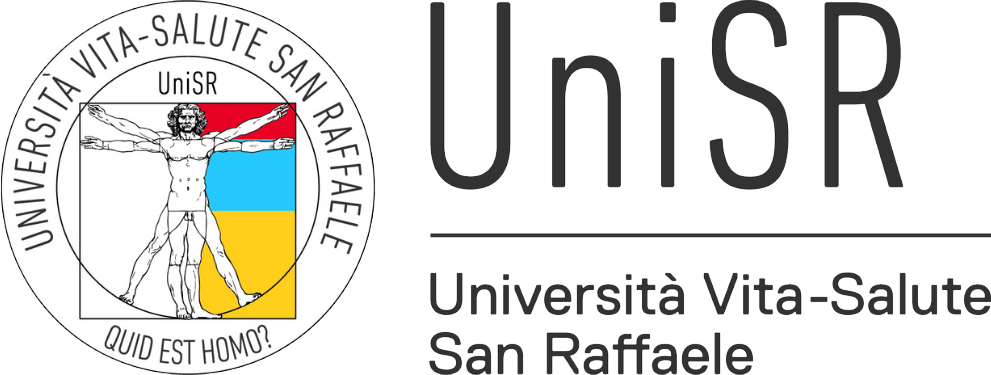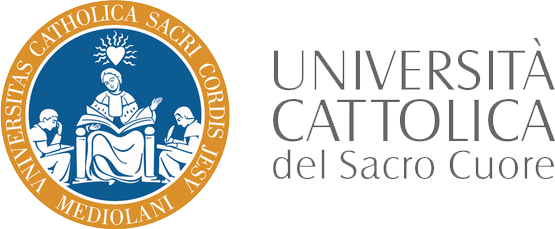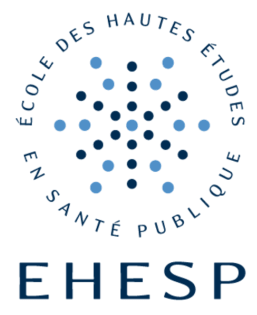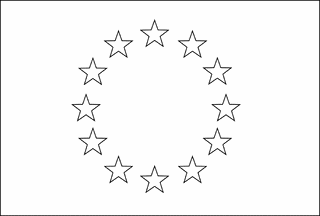 VAX-Action: Tackling Effectively Vaccine Hesitancy in Europe (101133273-EU4H-2022-PJ-5) is co-funded by the EU4Health program.
VAX-Action: Tackling Effectively Vaccine Hesitancy in Europe (101133273-EU4H-2022-PJ-5) is co-funded by the EU4Health program. The main objective of VAX-ACTION is to support EU Member States and relevant stakeholders to implement a combination of tailored, evidence-based interventions aimed to reduce vaccine hesitancy. The combination will be based on evaluation of effectiveness of interventions that build on the existing evidence. Attending to the objectives of the call, interventions will be conducted with selected target regions in 5 EU member states (Portugal, Italy, France, Romania, and Czechia). The recommendations for embedding improvement and change will be prioritised along with tailored dissemination and evaluation strategies. This will support scale up and translation to other member states, WHO European Region members and other countries where there have been gaps in implementation of evidence-based action to address vaccine hesitancy.
The key relevance of VAX-ACTION to the scope of this call is that our interventions and recommendations build on sound theory, existing evidence, and best practice in application of evaluation. We use a co-design model to engage Frontline Healthcare Workers (FHWs), specific population groups (e.g., newly arrived migrants, hesitant parents, people of low socio-economic status) to tailor interventions to their requirements and the specific issues raised by recently approved vaccines for emergent diseases/infections/virus such as Covid-19 and mpox, mass vaccination and loss of trust in long-standing vaccines included in national vaccination programmes.
VAX-ACTION addresses the need to understand what type of interventions are now available, which are effective, how to translate effective interventions to new contexts, and to explain the unsuccessful ones to create opportunities for learning and redesign. We will:
1) Undertake comprehensive mapping of interventions already in place in Europe and other countries where there are opportunities to learn from action by political, academic, health system and civil society actors to address vaccine hesitancy.
2) Design new interventions to lessen vaccine hesitancy with the public civil society and frontline healthcare workers based on the evidence gathered in the mapping of current interventions and by ongoing EU funded projects addressing behaviours and knowledge towards vaccines and vaccination.
3) Evaluate the extent to which it is possible to set a common framework of interventions and evaluations to reduce vaccine hesitancy in the EU context so that results can be upscaled and translated to EU countries not included in this consortium and beyond.
Evidence from routine and emergency vaccination programs (e.g., covid-19 pandemic and mpox outbreak) showed that vaccine hesitancy is a continuum, multi-dimensional and occurs in some population groups in high, middle, and low-income countries. More comprehensive actions to minimise vaccine hesitancy must be integral to the design of vaccination programmes, whether planned or in response to emerging outbreaks.
The project addresses the general objectives of the call by aiming to increase effectiveness and create ways for mass vaccination among the Eu member states and beyond. This proposal supports the policy priority of responding to the COVID-19 crisis and carries out the general objective of the EU4Health Programme of protecting people in the Union from serious cross-border threats to health mentioned in the call document.
VAX-ACTION intends to assist Member States and pertinent parties in putting the findings of current, pertinent research for vaccination into practice. By mapping intervention on vaccine hesitancy, VAX-ACTION will face the challenge of historic proportions posed to the nations by the COVID-19 pandemic and currently other diseases like mpox and bird flu, to design and evaluate the efficacy of interventions when people necessitate rapid vaccination responses, like the creation of vaccination schedules, the installation of suitable infrastructure, and the provision of conveniently accessible, adequately resourced vaccination services.
While doing so, it will engage in outreach and communication efforts to promote widespread vaccination uptake, and reduce vaccine hesitancy and misinformation about associated dangers, an endeavour that is made more difficult by the urgency of the possibility of a pandemic scenario.
Although all these ongoing efforts are expected to deliver promising results, they lack a joint framework of interventions which needs to be further maximised so that pilot activities can turn into large-scale vaccination actions.
VAX-ACTION ails to creat a joint framework of interventions based on existing evidence and ongoing efforts so that pilot activities can turn into large-scale vaccination actions. These include the EU funded six ongoing consortiums devoted to vaccines and vaccination: JITSUVAX (grant agreement No 964728). IMMUNION (101018210); VAX-TRUST (965280); RISE-Vac (101018353); AcToVax4NAM (101018349); RIVER-EU (964353RIVER-EU); as well as the ASPHER/ECDC VxTrain. As there is yet no evidence as to the success or not of these interventions, VAX-ACTION aims to mapping and evaluate such success or unsuccess of interventions.
VAX-ACTION is a 30 month project starting December 2023.
|
|

